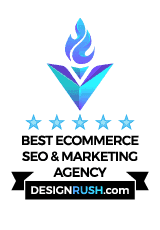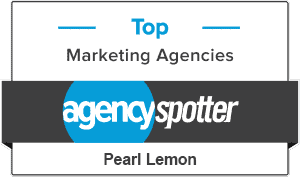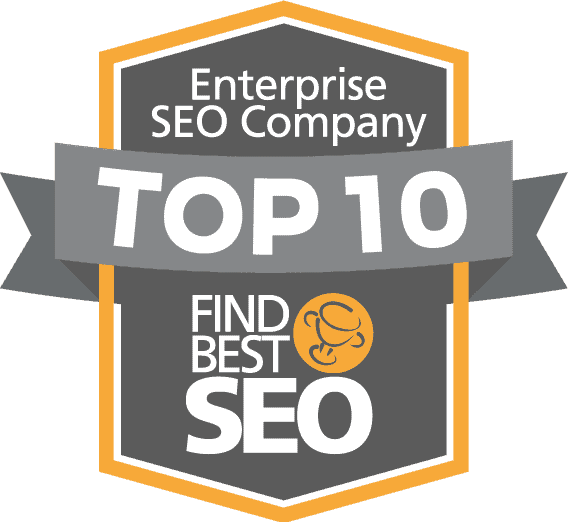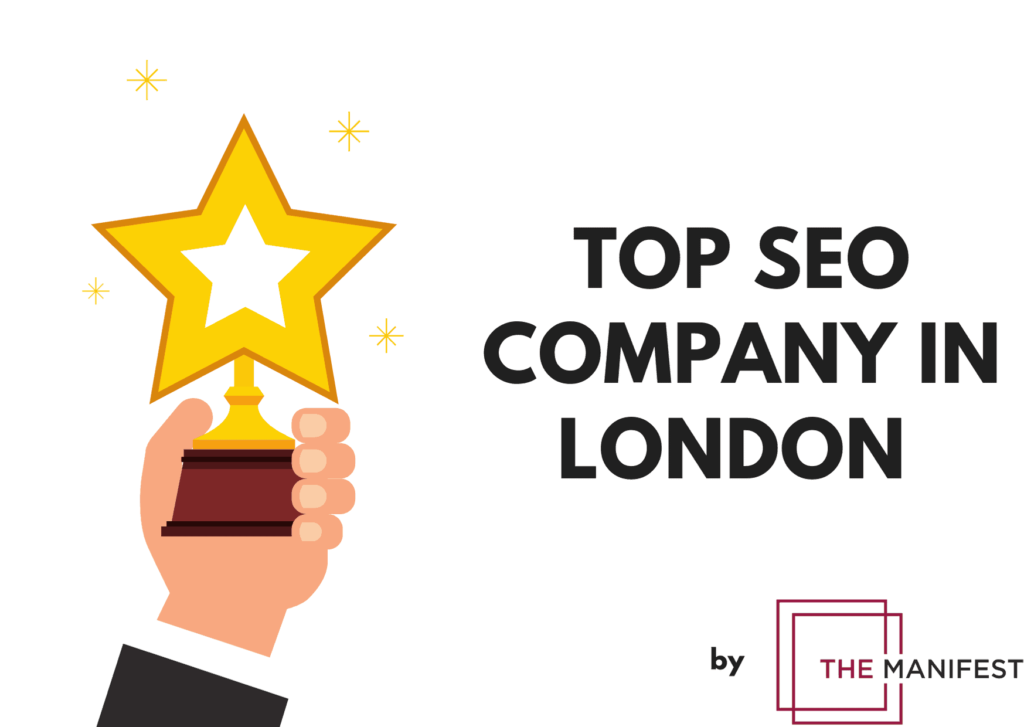You’ve spent months creating a product or service that you know is valuable. Your website looks great, your pricing is competitive, and you’ve even got some social media presence. But something’s missing. The phone isn’t ringing as often as it should. Leads aren’t coming in the way you’d hoped. What’s wrong?
The problem isn’t your offer. It’s how your offer is communicated. The solution? Content marketing done right. That’s where the top content marketing agencies in the UK come into play.
This guide will walk you through everything you need to know about hiring a content marketing agency, from what they do to the ones leading the pack in the UK. We’ll get into the nuts and bolts of what works, why it works, and how you can put it to work for your business.
Why Content Marketing is the Backbone of Your Growth
Before diving into agency recommendations, let’s tackle why content marketing is non-negotiable for your business.
The Real Reason You Need Content Marketing
People don’t buy what they don’t understand. The internet is packed with millions of businesses shouting about how great they are. The ones that stand out tell stories, educate, and solve problems.
- Content builds trust. When you publish articles, videos, or case studies that address your audience’s challenges, they’re more likely to listen.
- Search engines reward content. Businesses that consistently publish valuable information rank higher on Google. If your competitors are showing up on page one and you’re stuck on page three, you’re losing out on traffic and sales.
- It works long-term. Paid ads stop working the second you stop spending. Content stays on your website, continues attracting visitors, and keeps working in the background.
According to the Content Marketing Institute, 73% of marketers say content marketing generates more leads than traditional advertising. If you’re not using content marketing, you’re leaving opportunities on the table.
What Does a Content Marketing Agency Do?
There’s a persistent myth that content marketing is little more than throwing a few blog posts online or posting sporadically on Instagram. While these tactics are part of the process, a strong content marketing agency goes far beyond surface-level efforts. They operate with a well-defined strategy, aligning content with business goals, audience needs, and measurable results. Here’s how they make it happen.
1. Understand Your Audience
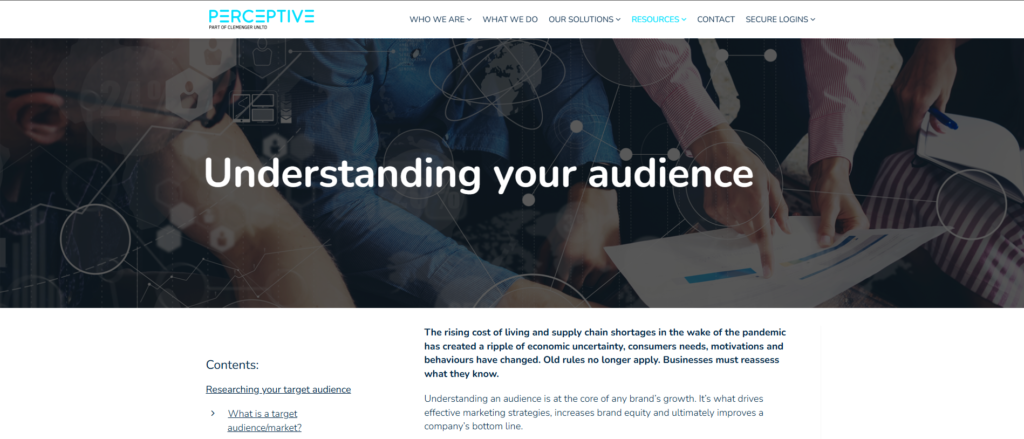
The first step is not about creating content—it’s about understanding who it’s for. This involves detailed research to uncover:
- Who your audience is:
Demographics, preferences, and behaviors. Are you targeting millennials in tech or baby boomers in real estate? The content should reflect their specific interests. - What problems they face:
An agency identifies pain points or challenges that your audience wants solutions for. For example, a fitness equipment brand might address time management for busy professionals who want to stay fit. - Where they hang out online:
Understanding where your audience spends their time—be it LinkedIn, TikTok, YouTube, or niche forums—is crucial for reaching them effectively.
The result? Content that feels personalized, relevant, and valuable. It’s not about shouting into the void; it’s about speaking directly to people who need what you offer.
2. Create Content That Connects
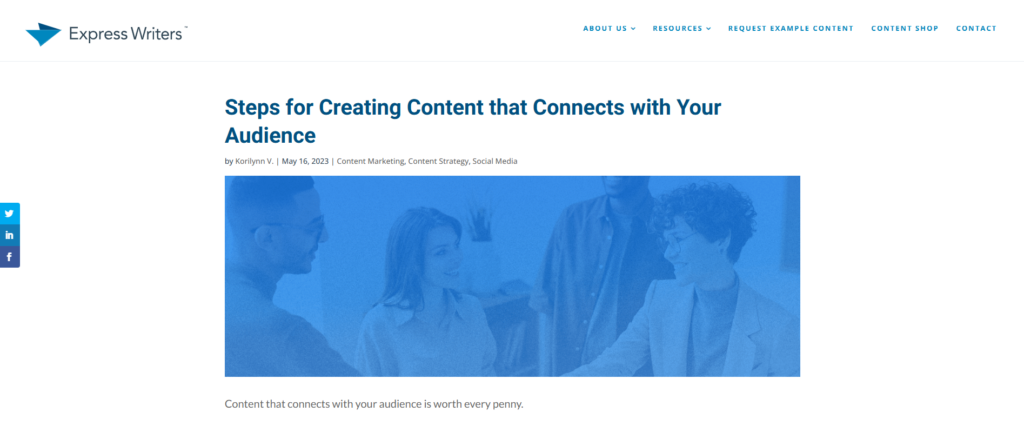
Content creation isn’t about churning out random articles or trendy videos. A good agency focuses on producing formats that align with your business goals while engaging your audience.
Types of Content an Agency Can Produce:
- Articles & Blogs: Informative, educational, or entertaining pieces designed to attract organic traffic and establish expertise.
- Videos: From short social media clips to in-depth explainers, video content drives engagement and conversions.
- Infographics: Data-rich visuals that simplify complex topics and make them shareable.
- Podcasts: Audio content for audiences who prefer learning on the go.
- Social Media Posts: Eye-catching visuals and compelling captions customizing to each platform.
Customizing the Content:
Every piece is aligned with your brand voice, style, and message. A tech startup, for instance, might use a modern and innovative tone, while a financial services firm would lean towards a professional and trustworthy voice.
3. SEO Without Overcomplicating It
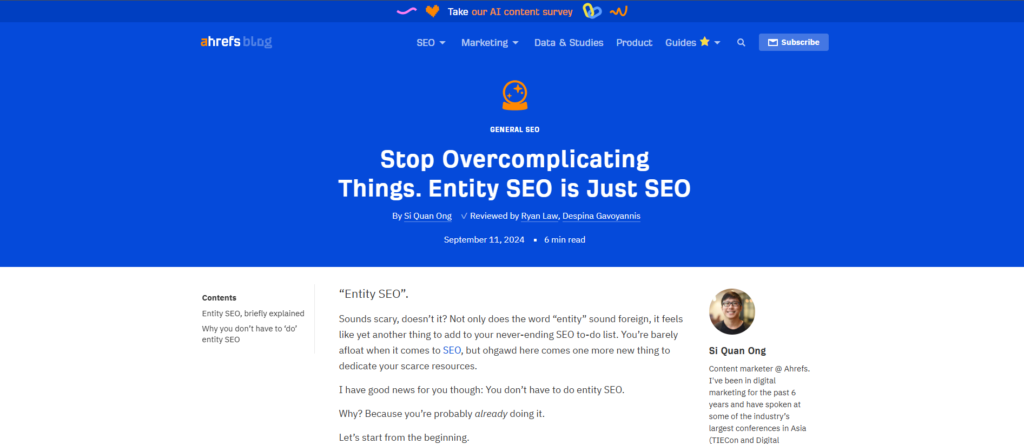
Search engine optimization (SEO) isn’t just about stuffing keywords into a blog post—it’s a multi-faceted approach to ensure your content gets found by the right audience.
How Agencies Handle SEO:
- Keyword Research:
Agencies identify what their audience is searching for and use those terms strategically in their content. - Content Optimization:
Headlines, subheadings, image alt texts, and meta descriptions are all optimized for search engines without sacrificing readability for humans. - Website Structure:
Agencies ensure your website is set up in a way that makes it easy for search engines to crawl and index. For example, they might create a logical hierarchy of pages and interlink related content. - Keeping Up with Trends:
Google’s algorithm changes frequently. An agency stays on top of updates like Core Web Vitals or the Helpful Content Update to maintain or improve your rankings.
The goal here isn’t just to rank higher on Google—it’s to attract people who are actively searching for solutions you provide.
4. Spread It Everywhere
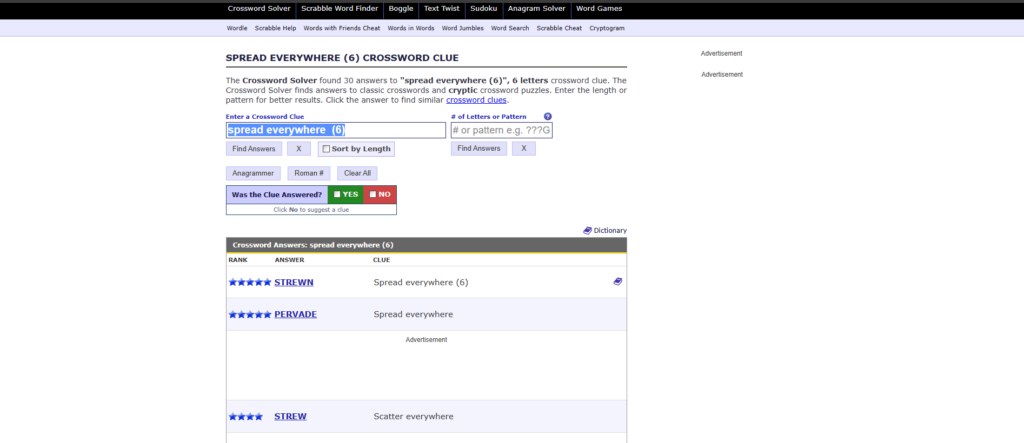
Creating great content is only half the battle. Getting it in front of the right people is where the magic happens.
How Agencies Distribute Content:
- Email Campaigns:
Sending newsletters or promotional emails to existing subscribers, keeping them engaged and informed. - Social Media:
Sharing content across platforms like Instagram, LinkedIn, Facebook, or Twitter, customized to each platform’s audience and tone. - Third-Party Backlinks:
Collaborating with reputable sites to link back to your content, improving domain authority, and driving referral traffic. - Paid Promotions:
Running targeted ads to expand the reach of high-value content like webinars or whitepapers.
By leveraging multiple channels, an agency ensures your content reaches as many potential customers as possible, wherever they are online.
5. Measure and Tweak
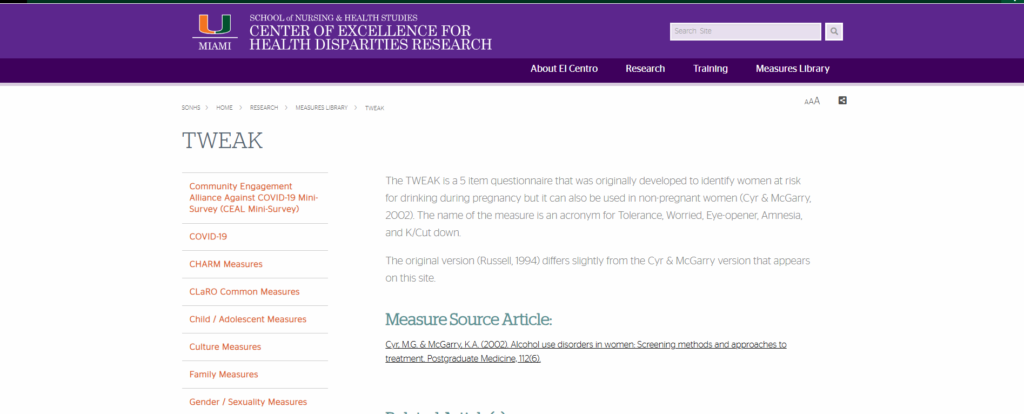
Content marketing is not a set-it-and-forget-it approach. It requires constant monitoring and refinement to achieve the best results.
What Agencies Measure:
- Traffic Metrics:
Tracking how many people visit your website, where they come from, and how long they stay. - Engagement Metrics:
Monitoring likes, shares, comments, and time spent on pages to gauge how well the content resonates. - Conversion Metrics:
Analyzing how many visitors turn into leads or customers through forms, downloads, or purchases.
Using Analytics Tools:
Agencies rely on tools like Google Analytics, SEMrush, or HubSpot to dig deep into the numbers.
Adjusting the Strategy:
If a blog post isn’t performing as expected, the agency might:
- Rewrite the headline to make it more engaging.
- Add multimedia elements like videos or images.
- Repurpose the content into a different format, such as a social media carousel.
The ability to adapt quickly is what separates average agencies from exceptional ones.
The Bigger Picture
Content marketing agencies don’t just produce content—they solve business problems. Whether it’s increasing website traffic, generating leads, or building brand loyalty, they bring a strategic approach to creating and promoting content that gets results.
Working with a strong agency is like having a dedicated team of experts who know exactly how to position your business in front of the right audience at the right time. That’s what makes them invaluable.
Top Content Marketing Agencies in the UK Worth Knowing About
Finding the right agency isn’t about picking the first one on Google. It’s about finding one that understands your business, has a proven track record, and delivers work you’d be proud to put your name on.
1. Pearl Lemon
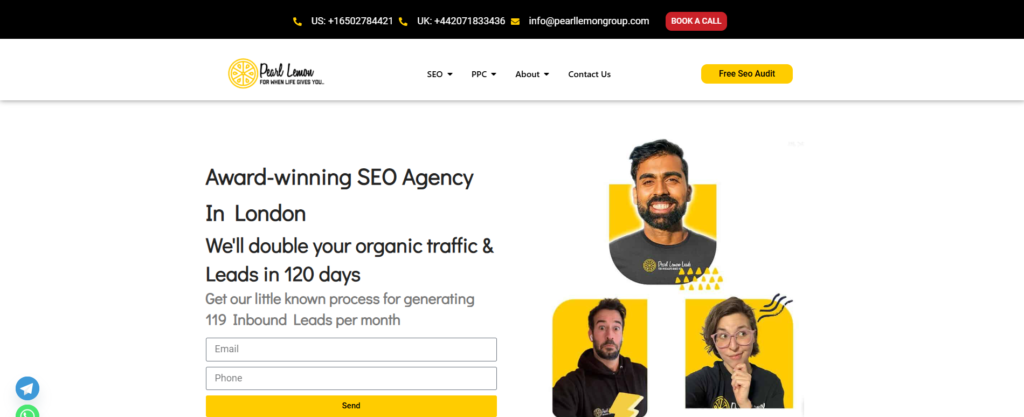
- What They’re Known For: Combining strong SEO strategies with engaging content.
- Who They Help: Businesses across industries, from startups to global brands.
- What You’ll Get: Blogs, articles, video scripts, and more, all with a focus on bringing in organic traffic.
2. Brafton
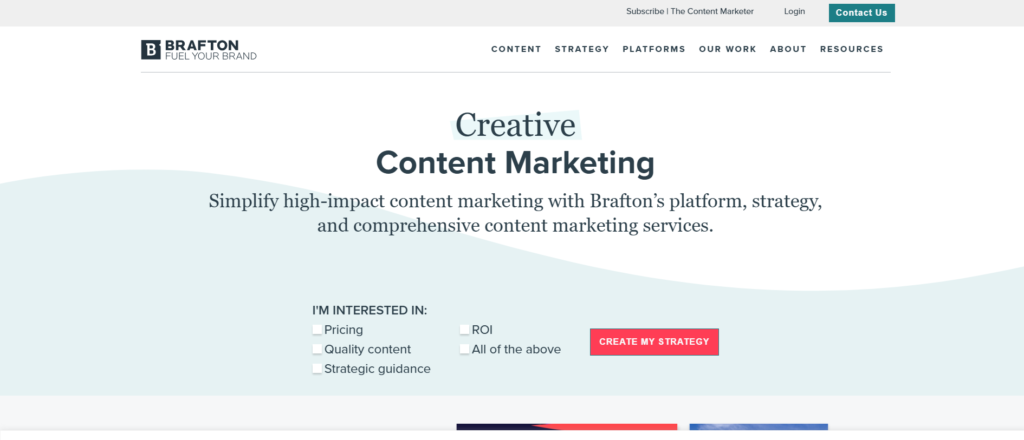
- What They’re Known For: Large-scale content production backed by analytics.
- Who They Help: Finance, healthcare, and tech companies.
- What You’ll Get: A full content strategy, complete with videos, blogs, and custom visuals.
3. Copy House
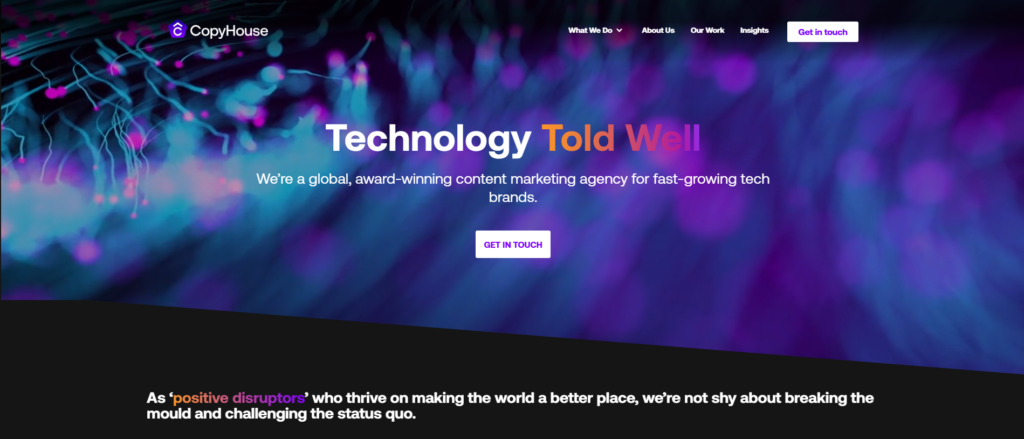
- What They’re Known For: Writing for tech and fintech companies.
- Who They Help: Businesses that need help explaining complex ideas simply.
- What You’ll Get: Blog posts, case studies, and whitepapers that inform and persuade.
4. Goodman Lantern

- What They’re Known For: B2B content that drives decision-making.
- Who They Help: SaaS companies, legal firms, and other professional services.
- What You’ll Get: Content that positions your business as a thought leader.
How to Know You’re Hiring the Right Agency
.Hiring an agency isn’t just about flashy portfolios or impressive buzzwords. It’s about finding a partner who understands your goals, industry, and audience. The best agencies will act as an extension of your team, working collaboratively to deliver measurable results.
Here are the key questions you need to ask before signing on the dotted line:
1. Have You Worked with Companies Like Mine Before?
Every industry has its unique challenges, and every company has its specific needs. An agency with experience in your field will already understand these nuances, saving you time and ensuring they deliver relevant content.
Why This Matters:
- A tech startup, for example, requires an entirely different strategy than a local brick-and-mortar retail store.
- Agencies familiar with your industry won’t have to spend weeks figuring out what resonates with your audience—they already know.
What to Look For:
- Experience in your niche: If you’re in fintech, look for agencies that have created content for financial services.
- Case studies: Ask for examples of campaigns they’ve executed for businesses like yours.
- Knowledge of your audience: During your initial conversations, pay attention to whether the agency asks the right questions about your customers.
Red Flags:
- The agency provides generic answers and seems to lack familiarity with your industry.
- They push “one-size-fits-all” solutions without customizing their approach.
2. How Do You Measure Success?
One of the biggest mistakes you can make is hiring an agency that doesn’t define or track success metrics. A competent content marketing agency should have clear KPIs (key performance indicators) for every campaign.
Why This Matters:
- High website traffic is nice, but it’s meaningless if that traffic doesn’t convert into leads, sales, or actions.
- Metrics like engagement rates, lead quality, and ROI paint a clearer picture of whether your investment is paying off.
What to Ask:
- What metrics do you track? Look for answers like leads generated, email sign-ups, bounce rates, and conversions—not just traffic numbers.
- How often will you report results? The best agencies provide regular updates, complete with actionable insights.
- Do you provide recommendations for improvement? Reporting is useless if it doesn’t include steps to increase future performance.
Red Flags:
- The agency can’t explain how they measure success beyond generic statements like “more traffic.”
- They don’t offer detailed reporting or refuse to provide regular updates.
3. Can I See Examples of Your Work?
A solid portfolio or case study is the ultimate proof of an agency’s capabilities. It shows they’ve been able to deliver results for others and gives you confidence in their ability to do the same for you.
Why This Matters:
- Past work demonstrates whether the agency has the creative, strategic, and technical skills needed to achieve your goals.
- Reviewing their portfolio lets you assess the quality and diversity of their work.
What to Look For:
- Case studies with measurable outcomes: Ask for examples of campaigns where they’ve achieved specific results, like increased conversions or improved rankings.
- Work in your industry: If they’ve created content for businesses like yours, it’s a positive sign.
- Consistency in quality: Look at whether their work aligns with your brand’s standards and style.
Questions to Ask About Their Portfolio:
- Can you show me an example of a campaign from start to finish? This should include planning, execution, and results.
- What challenges did you face, and how did you overcome them? Their answers will show their problem-solving skills.
- Can I speak to a past client? Agencies confident in their work should have no issue connecting you with a satisfied client.
Red Flags:
- The agency refuses to share examples of their work or gives vague explanations.
- Their portfolio looks inconsistent, outdated, or lacks variety.
Content Marketing Trends You Shouldn’t Ignore
The strategies that worked last year might not work today. The digital world evolves quickly.
1. Longer Content is Winning
Blog posts with over 2,000 words rank higher on Google and attract more backlinks. But it’s not about padding—it’s about providing depth.
2. Video is Non-Negotiable
More than 80% of online users prefer video content over text. Agencies that include video scripts or production in their packages are ahead of the curve.
3. AI is the New Assistant
While AI tools like ChatGPT can’t replace human creativity, they’re great for speeding up keyword research or generating content outlines.
4. Zero-Click Searches Are Growing
Over half of all Google searches don’t result in a click. That’s why featured snippets and FAQ-style content are critical for visibility.
The Cost of Sitting on the Sidelines
Here’s the truth: Your competitors are already doing this. They’re investing in content marketing because it works. Waiting to start only puts you further behind.
Businesses that invest in content marketing see 6x higher conversion rates compared to those that don’t. And the longer you wait, the more you lose in missed opportunities.
Start Your Journey
Now that you’re armed with the tools to identify the right agency, take the first step toward securing your business’s content marketing future. Review potential agencies, ask the tough questions, and don’t settle for anything less than a perfect fit.
Identify your top choice and schedule your first discussion today. The sooner you act, the sooner you’ll start seeing the results you’ve been looking for.





